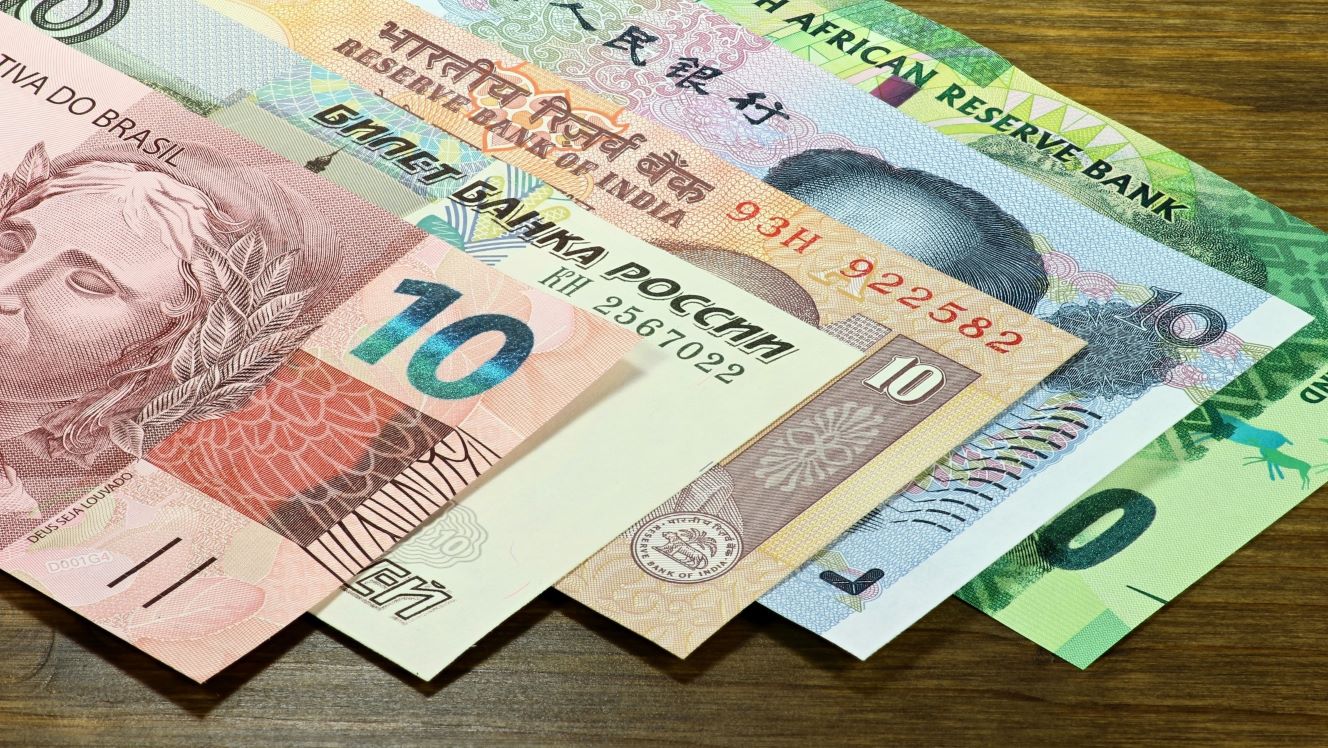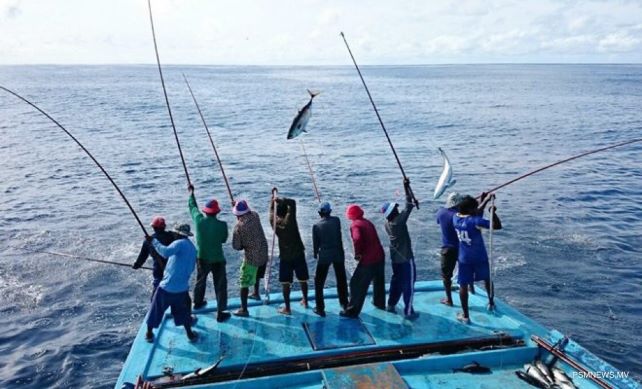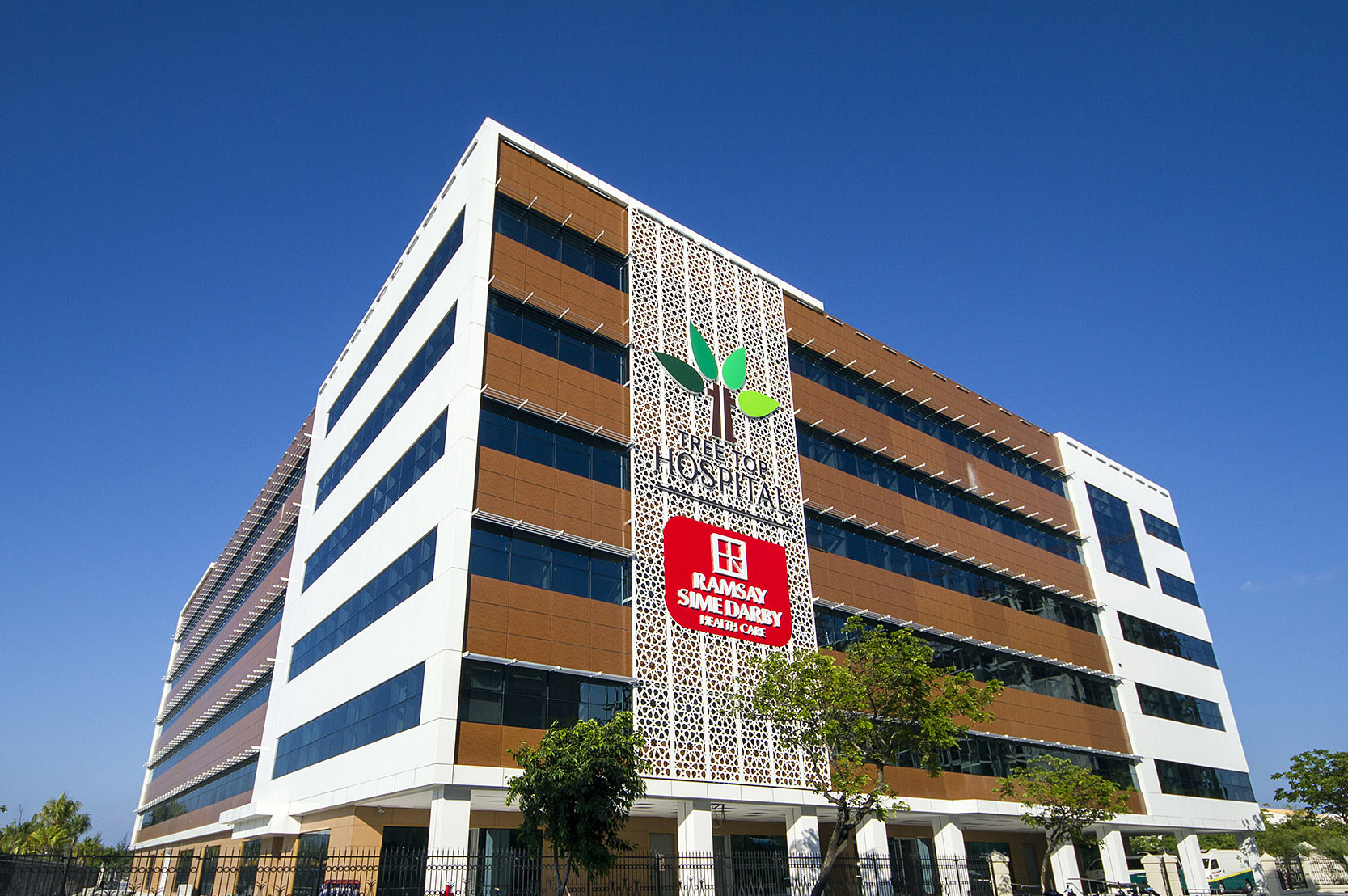BRICS is an acronym that stands for Brazil, Russia, India, China, and South Africa. These five countries are seen as emerging economies that have the potential to become major players in the global economy due to their large populations, abundant natural resources, and rapidly growing economies.
BRICS countries account for nearly 40% of the world’s population and around 25% of global GDP. These countries have significant economic potential and are expected to continue to grow and develop in the coming years.
BRICS countries have cooperated in various areas, including trade, investment, and finance. The countries have set up the New Development Bank (NDB) to finance infrastructure and development projects in BRICS and other developing countries. They have also established a Contingent Reserve Arrangement (CRA) to provide financial support to member countries in case of balance-of-payment difficulties.
BRICS countries are expected to drive global economic growth in the coming years, and their cooperation is seen as important in promoting global economic stability and sustainable development. However, there are also challenges to this cooperation, including differences in economic systems, political tensions, and domestic challenges in each of the member countries.




